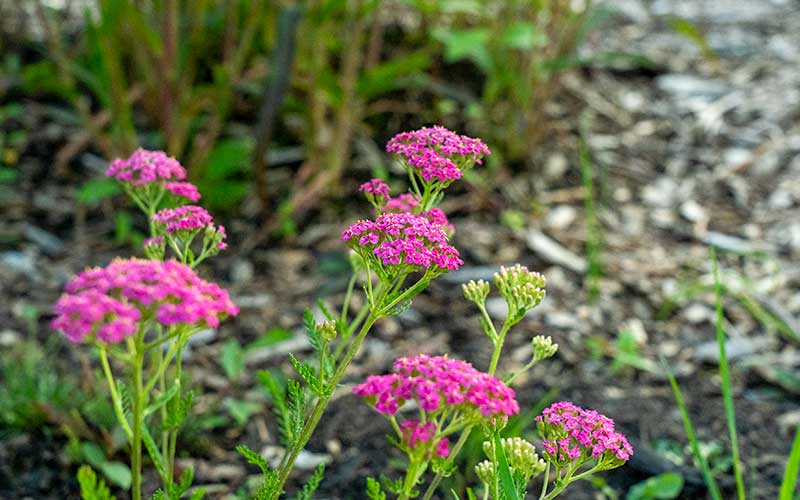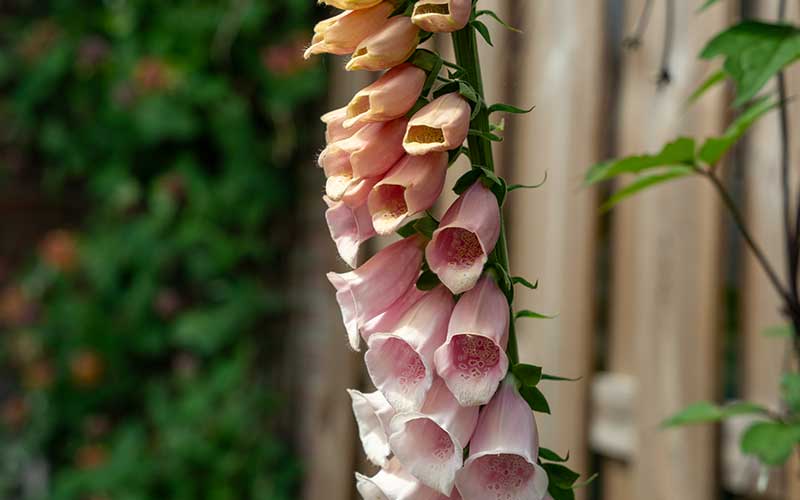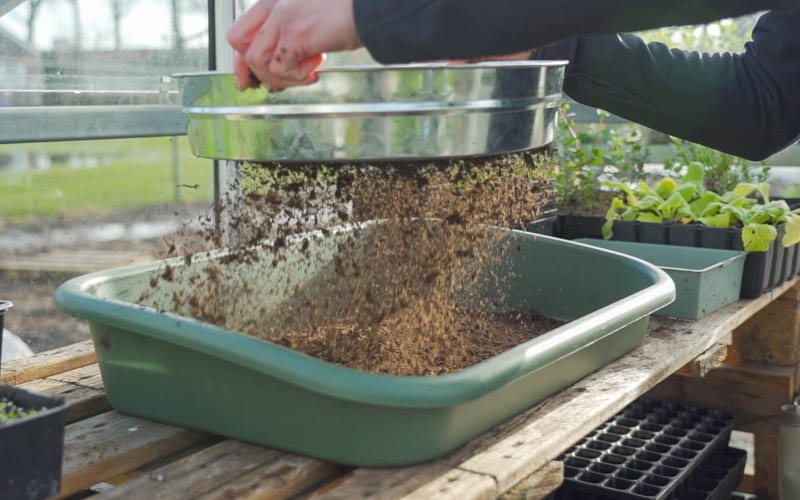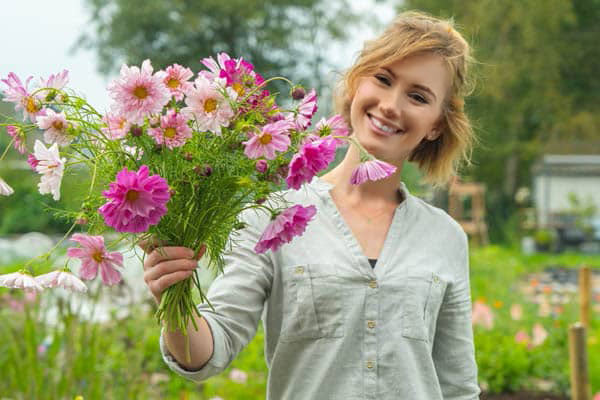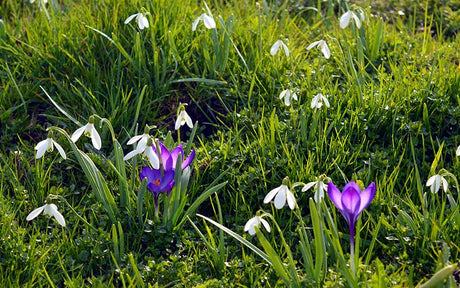
How to plant early flowering spring bulbs in grass to create a meadow
Spring bulbs bring color to your garden early in spring. Do you have a lot of grass in your yard or a boring patch of grass in front of your...
For biennials and perennials, timing can vary based on your climate zone and the specific plant's requirements. Generally, sowing in early spring or late summer is ideal for biennials to allow for two years of growth cycle.
Perennials can often be sown in spring or fall. Always check the specific guidelines provided on our packaging and product pages.
Additional information is available on our sowing calendar.
Biennial and perennial seeds often benefit from being started in seed trays or pots before transplanting. This allows for controlled growth conditions and easier care during their critical early stages. For a detailed guide on starting seeds, visit our sowing techniques page.
While biennial and perennial seeds typically have a high germination rate of 80% or more, some varieties may take longer to sprout. If you do not see results within the expected timeframe, please contact us for guidance and support.
A well-draining, fertile potting mix is ideal for biennials and perennials. Adding vermiculite or perlite can enhance drainage and aeration, promoting healthier root development.
Many perennials make excellent cut flowers that return year after year. Examples include peonies, lupines, and delphiniums, which are prized for their longevity and striking appearance in arrangements.
Regular inspections and maintaining good plant health are essential. Should issues arise, opt for organic or environmentally friendly pest control solutions to minimize impact on the garden ecosystem.
